28 pages • 56 minutes read
Stephen KingThe Last Rung on the Ladder
Fiction | Short Story | Adult | Published in 1978A modern alternative to SparkNotes and CliffsNotes, SuperSummary offers high-quality Study Guides with detailed chapter summaries and analysis of major themes, characters, and more.
Summary and Study Guide
Summary: “The Last Rung on the Ladder”
“The Last Rung on the Ladder,” a short story by American author Stephen King, uses extensive flashbacks to convey the themes of Loss of Childhood Innocence, Family Ties Versus Career Success, and Regret. “The Last Rung on the Ladder” appears in Night Shift, King’s first collection of short stories, which was published in 1978. Although King is best known for writing horror, this story does not entirely fit into that genre. It is instead suspenseful and emotional, describing an incident in which a young boy saves his sister from a potentially lethal fall and the sister’s death by suicide decades later.
This guide refers to the first Anchor Books edition of Night Shift published in 2012.
Content Warning: The guide and source text refer to death by suicide and corporal punishment.
Written from the first-person perspective of Larry, the protagonist, the story takes place in two time periods. The first is the present day, sometime in the 1970s, when Larry receives a letter from his younger sister Katrina nine days after her death by suicide. He describes his shocked reaction to the letter though he does not reveal what the letter says. He notes that he does not have anyone to talk to about the letter because he does not have close friends, his father is old and in poor health, and he and his ex-wife Helen communicate only via their yearly Christmas cards. What he does have is a high-powered job as a corporate lawyer.
The story then flashes back to the past, when Larry and Katrina were children growing up on a 300-acre farm outside Omaha, Nebraska. Katrina, whom everyone called Kitty, is two years younger than Larry, and he admires her tomboyish charm. She has golden pigtails and deep blue eyes, and Larry notes that when she grows up, men will easily fall in love with her. As a child, she is sweet, innocent, and well-liked, and she and Larry enjoy a simple childhood on the farm.
Their mother dies when they are in high school, and two years later, their father loses the farm. They make do, but their family is never the same. Larry’s father focuses on selling tractors, eventually managing a dealership. Meanwhile, Larry receives a football scholarship to the University of Nebraska.
Larry describes a game that he and Kitty used to play in the barn before all that: They would climb an old, rickety ladder, walk across a wooden beam 70 feet above the barn floor, and then jump into the haymow, a giant pile of hay. The game is forbidden, but their parents are away for the day, leaving them unsupervised. At this time, Larry is 10 and Katrina is 8. While Larry cannonballs into the haymow, Katrina gracefully swan dives headfirst, trusting the hay to break her fall.
After about 10 successful jumps, Larry notices the ladder becoming unstable. He warns Katrina to get down, but she is small and believes the ladder will support her. Katrina is near the top of the ladder when it cracks and splits in two. One half falls to the ground, leaving Katrina dangling from a rung 60 feet in the air. Thinking quickly, Larry grabs hay from the haymow and makes a new, smaller pile under Katrina to break her fall. As the rung begins to break, Larry tells her that she has to jump, so she lets go, and by then the pile is high enough that Katrina only breaks her ankle. As Katrina lies in bed recovering from her broken ankle, she reveals to Larry that she didn’t know that he had been making a hay pile but had trusted him to save her. Their father beats Larry on his backside with a leather strap as punishment, with each “whack” making Larry thank God that Katrina is alive. Their father installs a new ladder in the barn, but the kids never climb up it again.
In the present day, Larry reveals that Katrina died by suicide nine days ago: She jumped from the top of an insurance building in Los Angeles. Larry carries the news clipping about her death. The article’s title is insensitive and sensational, referring to her as a “call girl,” an outdated term for a sex worker.
Larry then briefly summarizes Katrina’s life since her childhood accident. She planned to go to business school in Omaha but instead won a beauty contest after graduating from high school and married the judge. When they divorce, she writes a long letter to Larry, who is now in law school, and asks him to come visit. He declines since he can’t afford to fall behind in his studies. Several years later, Katrina marries and divorces again and writes to Larry from her home in Los Angeles. The tone of her letter is bitter, and she feels there’s no way for her to get ahead in life. She asks Larry to visit again, but he declines, citing his new high-powered job that he can’t afford to lose.
Over the years, they continue to exchange letters, and Larry becomes dismayed at Katrina’s hopelessness. He still thinks of her as an innocent little girl since he has not seen her during their adult lives. Eventually, they just exchange holiday cards, and after Larry gets divorced, he moves and does not give Katrina his forwarding address.
In Katrina’s last letter, she writes that she wished Larry hadn’t saved her that day in the barn. The letter was written two weeks before her death but had to be forwarded twice because she did not have Larry’s current address. After reading the letter, Larry admits that he would have tried to save her if he had received the letter sooner: He does not want to believe that she thought he had forgotten about her. Now, he cannot sleep because each night, he pictures Katrina jumping from the beam above the haymow.
Related Titles
By Stephen King

11.22.63
Stephen King

1408
Stephen King

Bag of Bones
Stephen King

Billy Summers
Stephen King
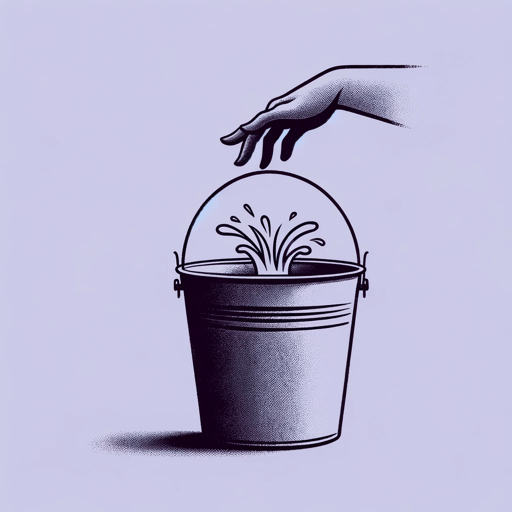
Carrie
Stephen King

Children of the Corn
Stephen King

Cujo
Stephen King
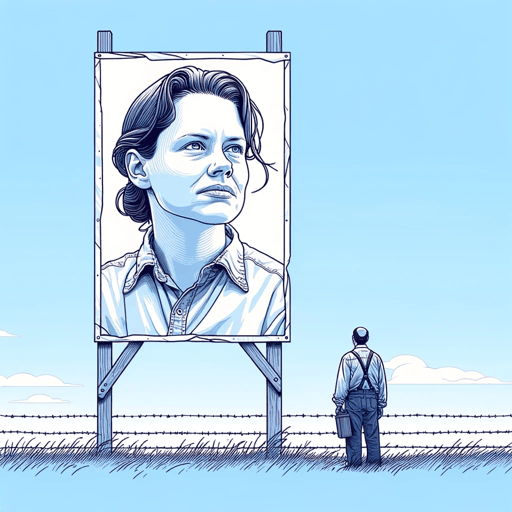
Different Seasons
Stephen King
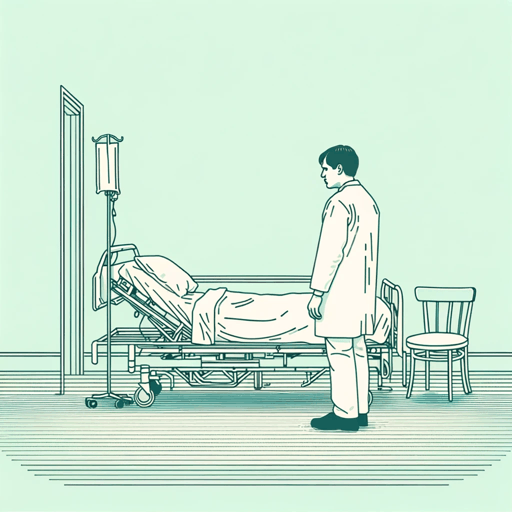
Doctor Sleep
Stephen King
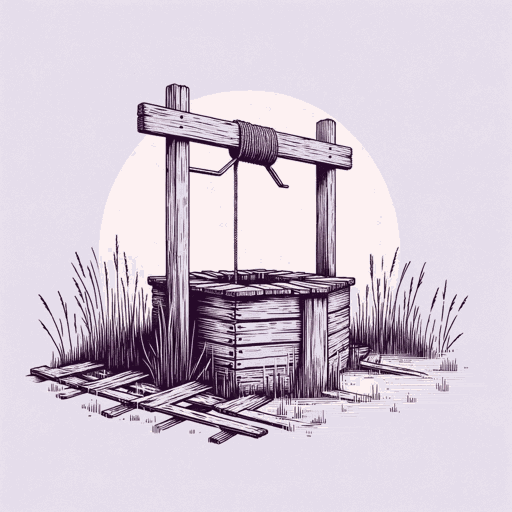
Dolores Claiborne
Stephen King

Duma Key
Stephen King
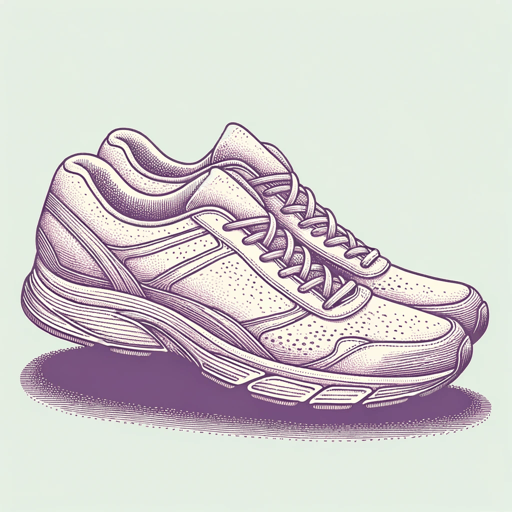
Elevation: A Novel
Stephen King

End of Watch
Stephen King
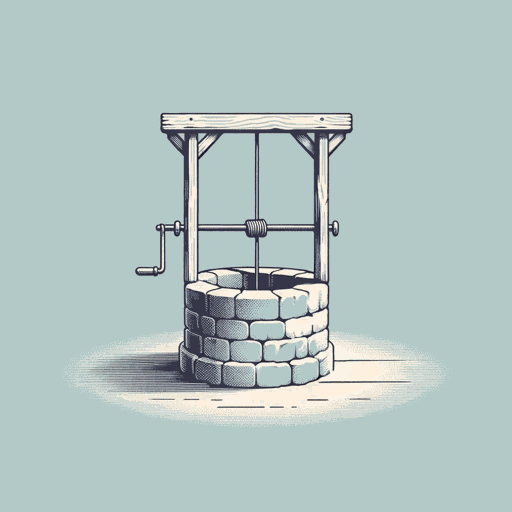
Fairy Tale
Stephen King

Finders Keepers
Stephen King

Firestarter
Stephen King

From a Buick 8
Stephen King

Full Dark, No Stars
Stephen King
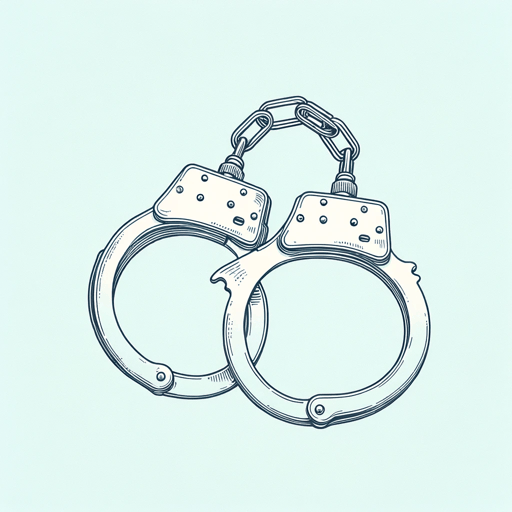
Gerald's Game
Stephen King

Gwendy's Button Box
Stephen King, Richard Chizmar
